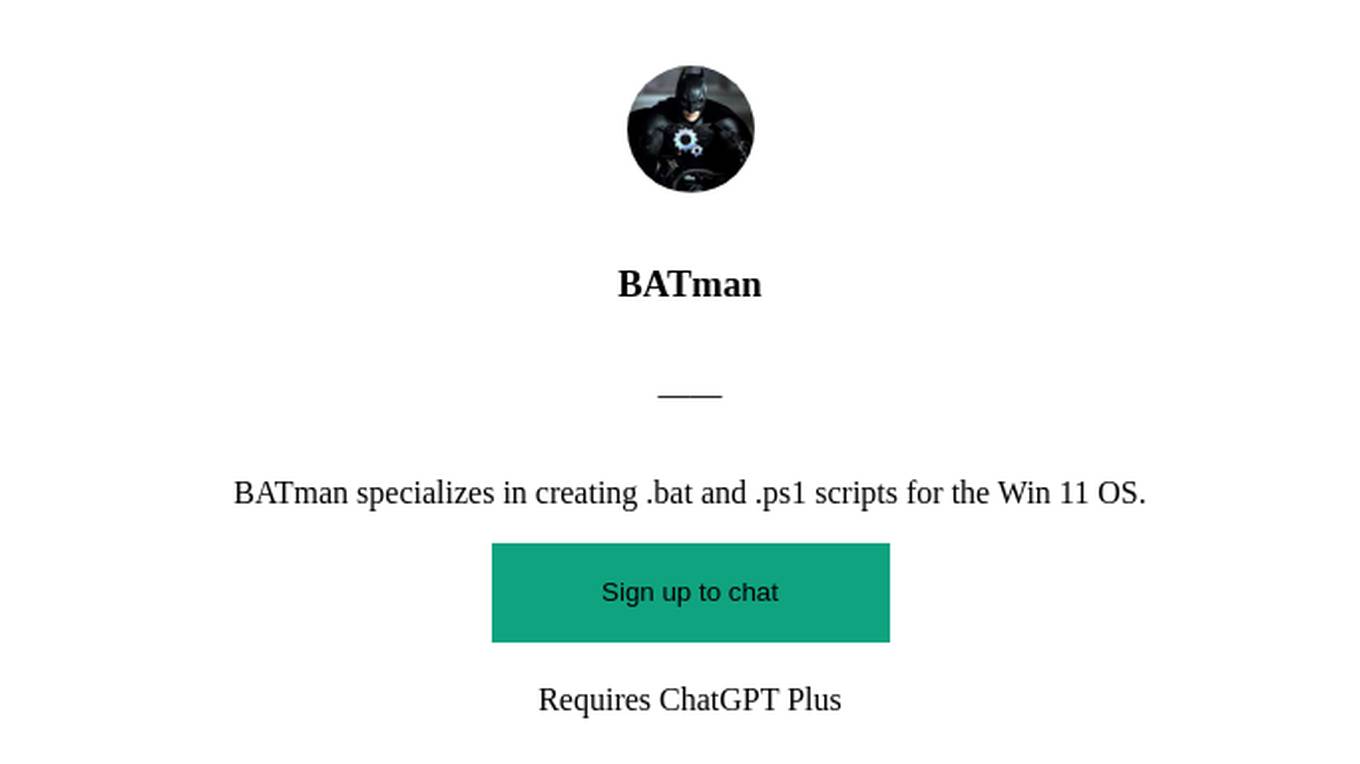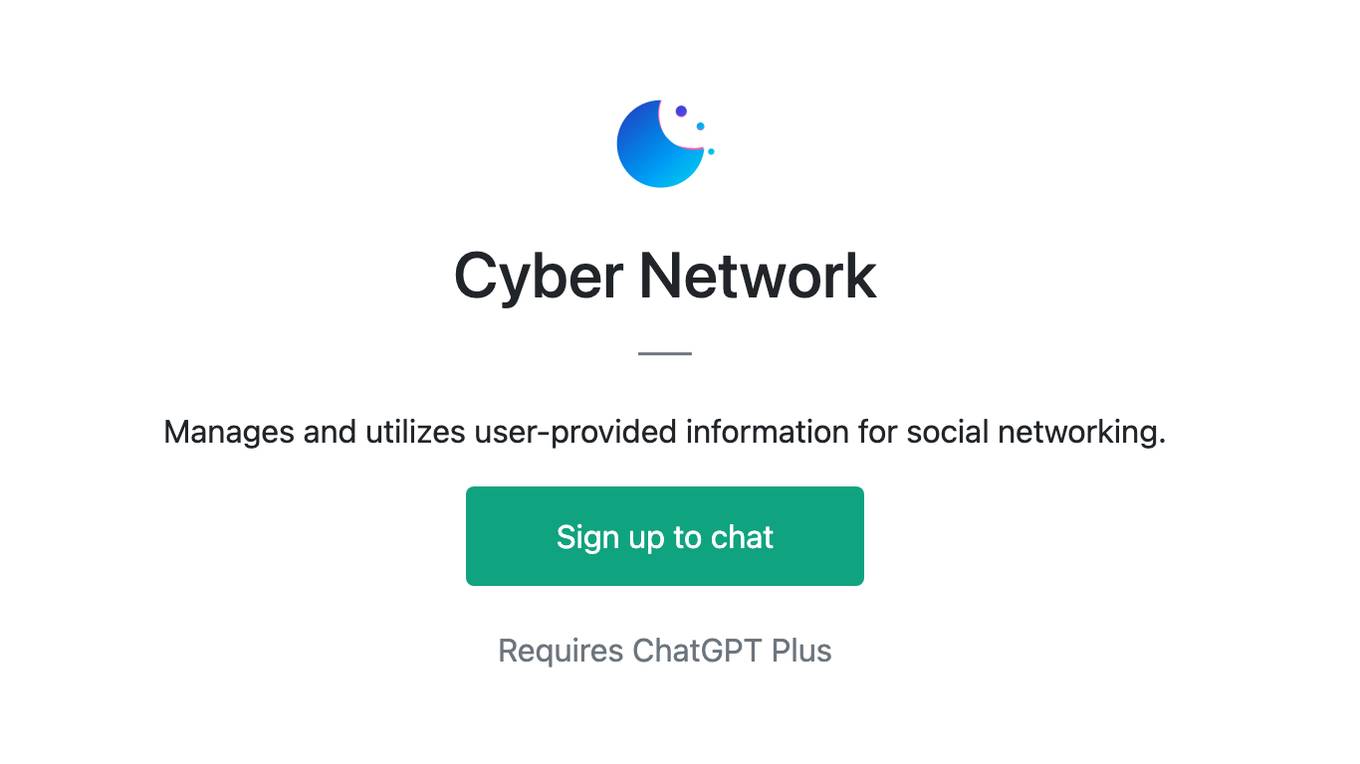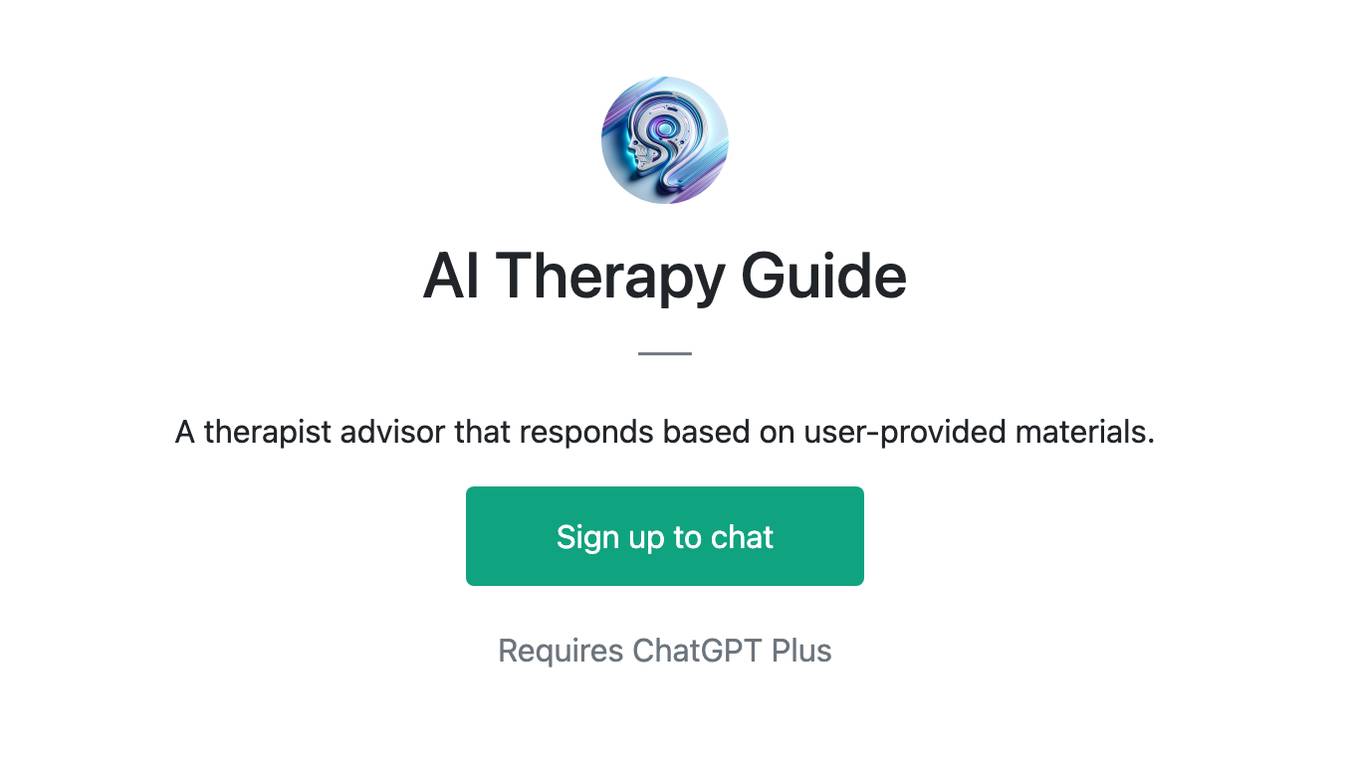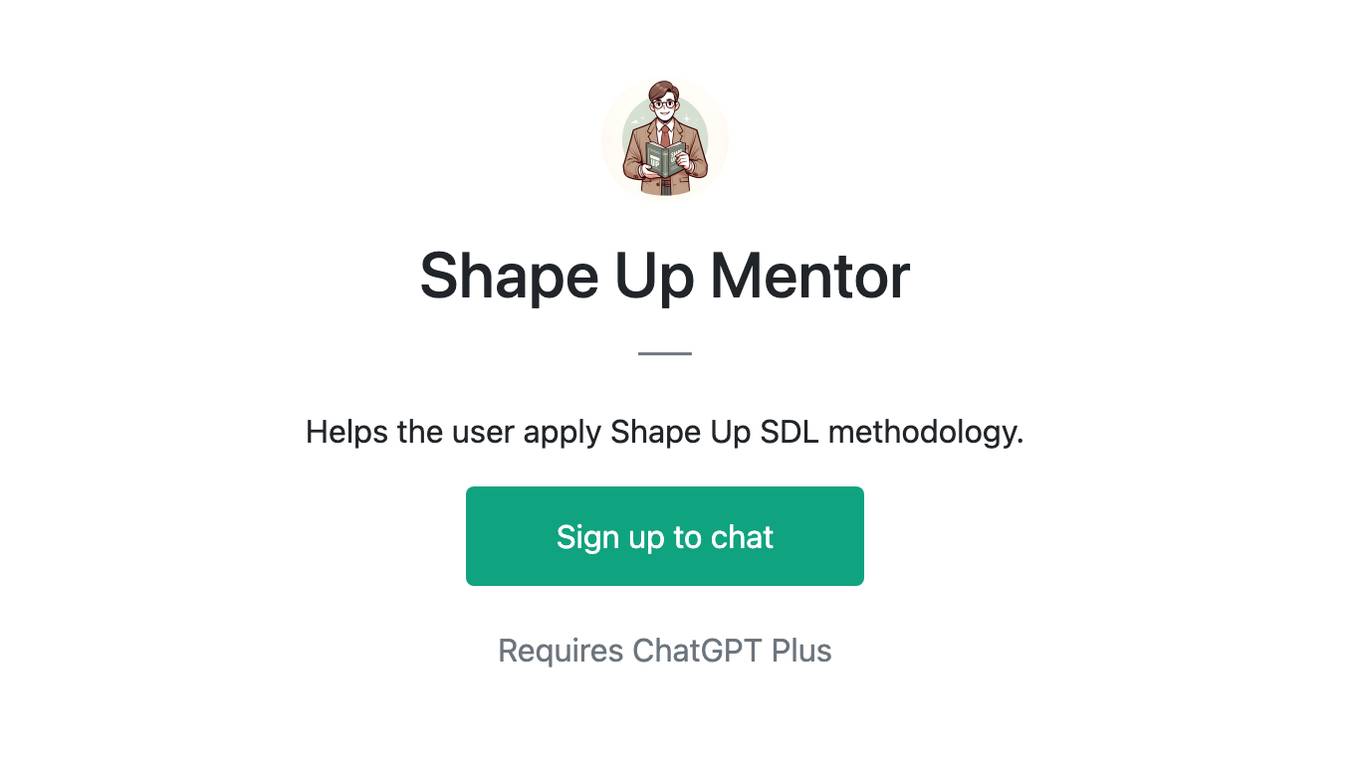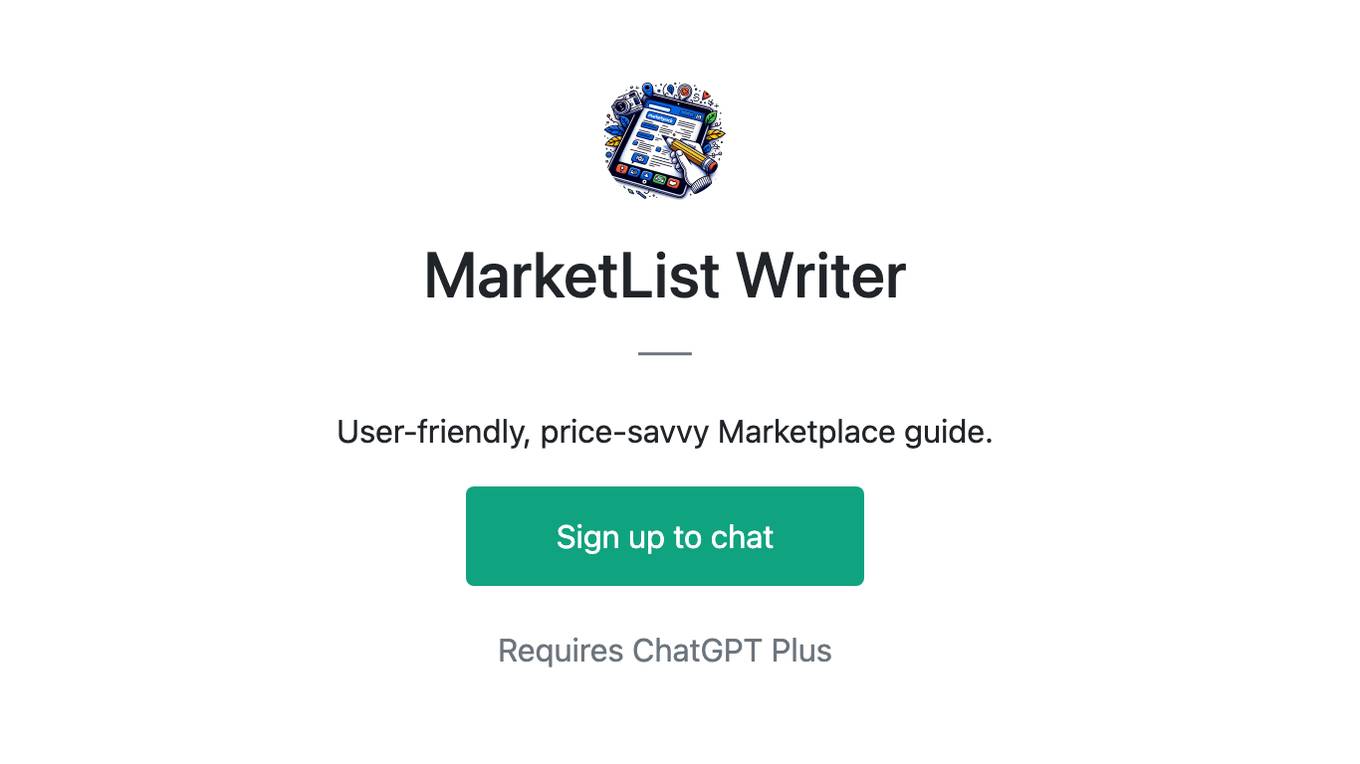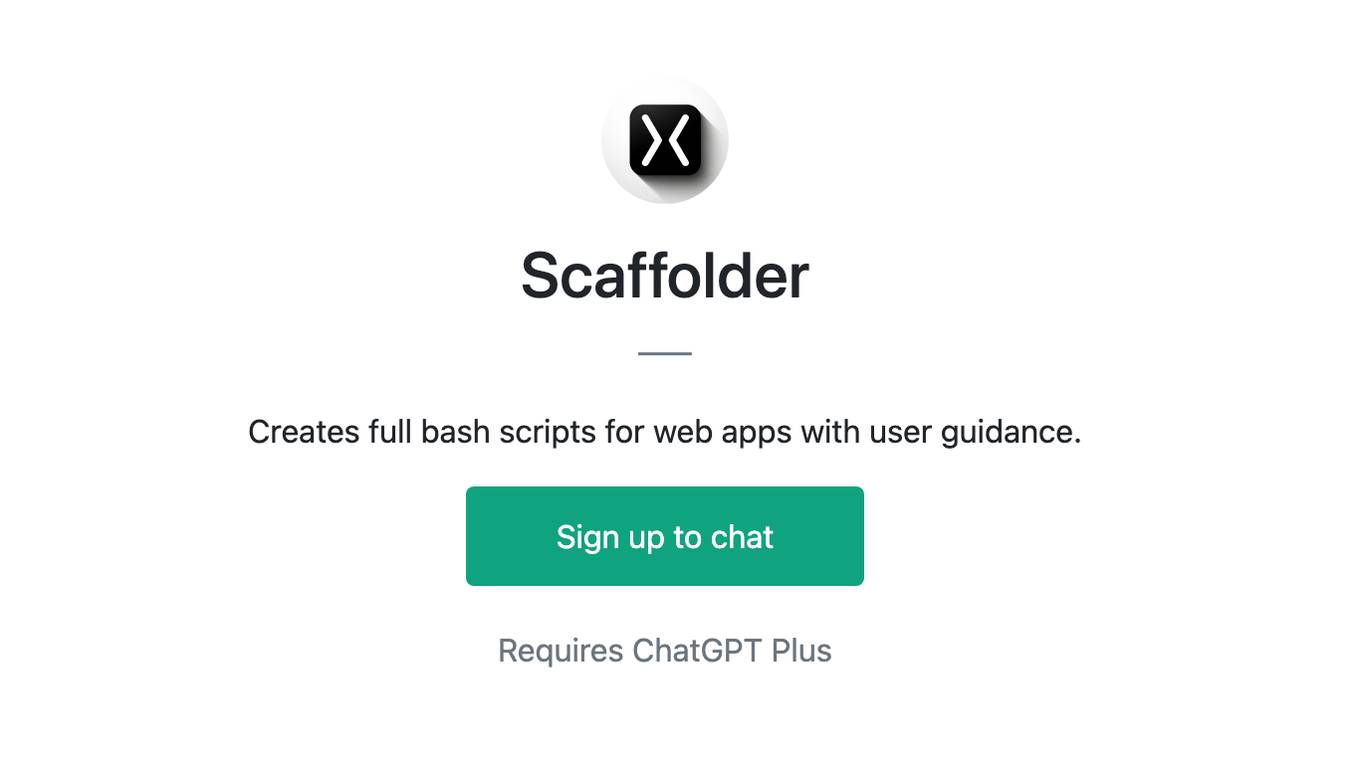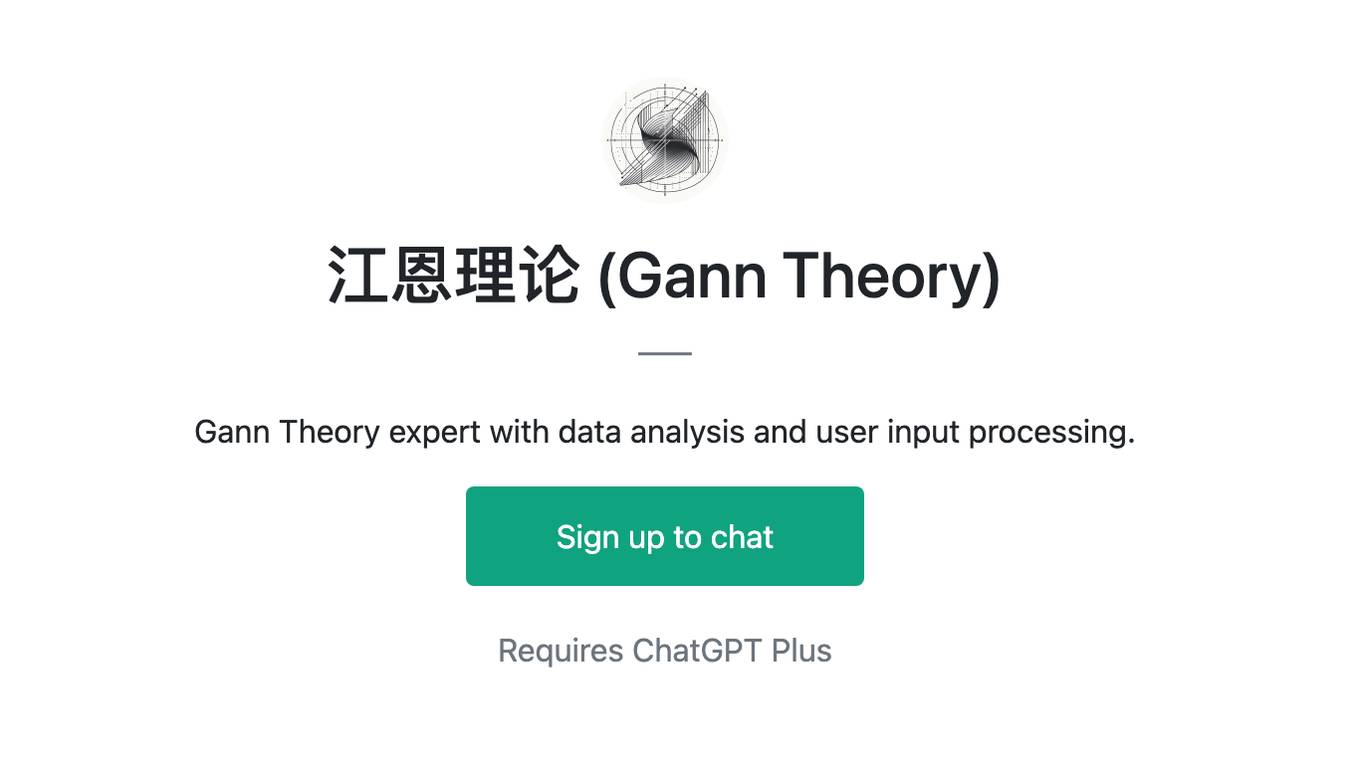Best AI tools for< Manage User Provisioning >
20 - AI tool Sites
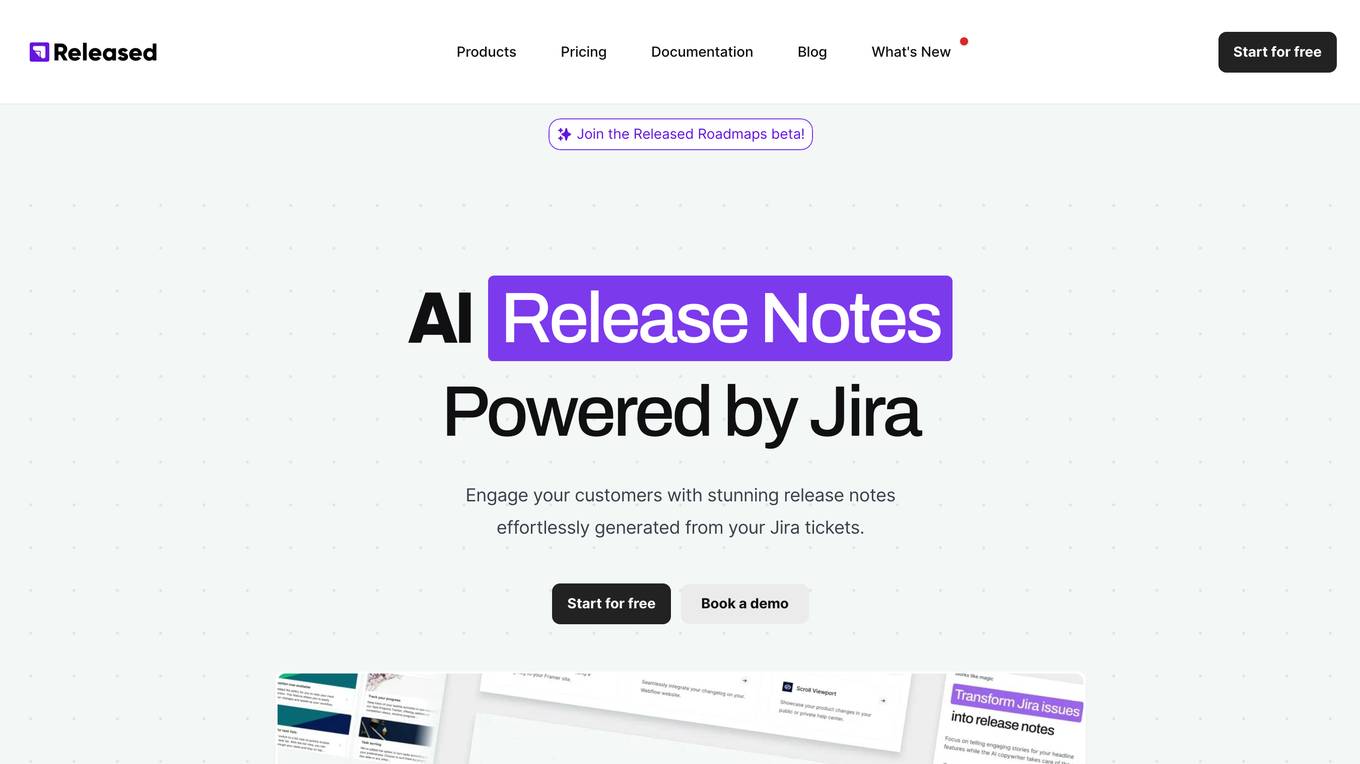
Released
Released is an AI-powered tool designed to transform Jira tickets into shareable roadmaps and release notes. It helps product teams communicate product plans and updates effectively, engaging customers and stakeholders with stunning visuals and effortless generation of release notes. The tool offers features like post categorization, templates creation, issue list compilation, custom color palettes, and cross-project boards. Released integrates seamlessly with various publishing tools, ensuring security and scalability with SOC 2 Type 2 certification and encryption practices. Users can easily manage user provisioning, sync with Active Directory, and share updates publicly or privately. Loved by product teams, Released simplifies communication processes and reduces the time required to publish go-to-market plans.
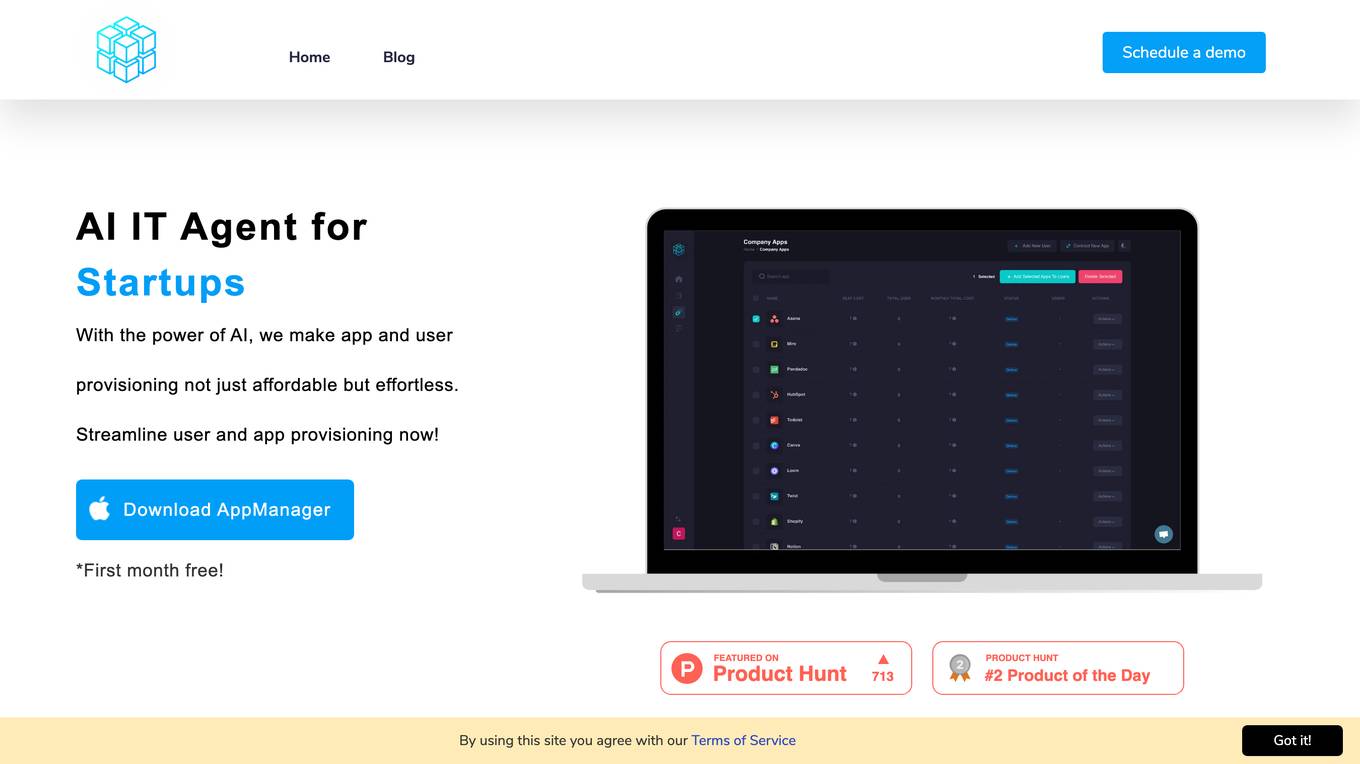
AppManager
AppManager is an AI IT agent designed specifically for startups to streamline app and user provisioning processes. With the power of AI, AppManager makes managing app subscriptions, user permissions, and payment methods effortless and cost-effective. It helps startups focus on growth by simplifying IT management tasks and providing smart spending insights.
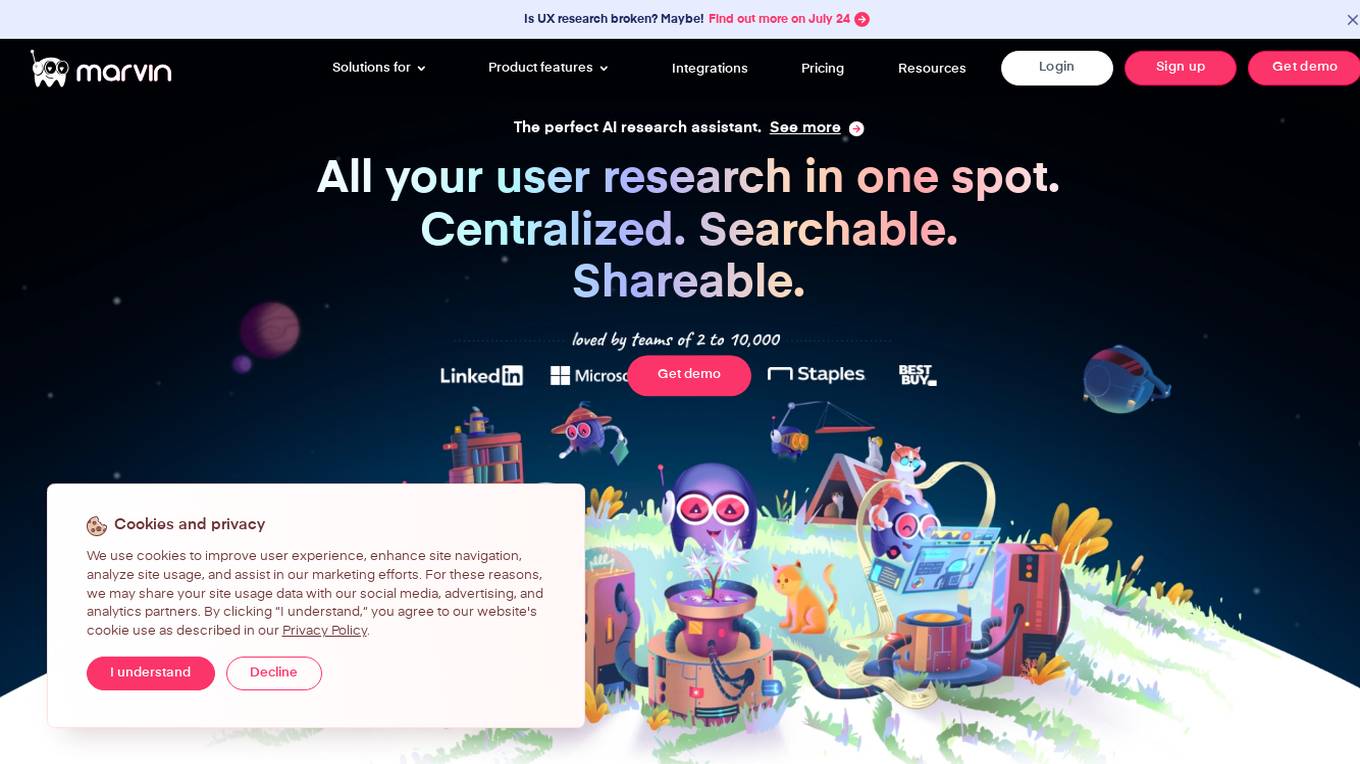
Marvin
Marvin is an AI research software that serves as the perfect AI research assistant for qualitative research. It automates tedious parts of qualitative research, allowing users to analyze hours of research in minutes. Marvin helps in centralizing, searching, and sharing user research data, making it easily accessible for the whole team. With AI-powered enhancements, Marvin assists in consolidating user insights, finding patterns, and backing decisions with evidence. The tool streamlines the research journey by managing user interview panels, recruiting participants effectively, and providing features like automatic transcripts, video clips, and privacy filters for compliance. Marvin offers different pricing plans suitable for small teams, startups, companies with multiple teams, and large organizations.
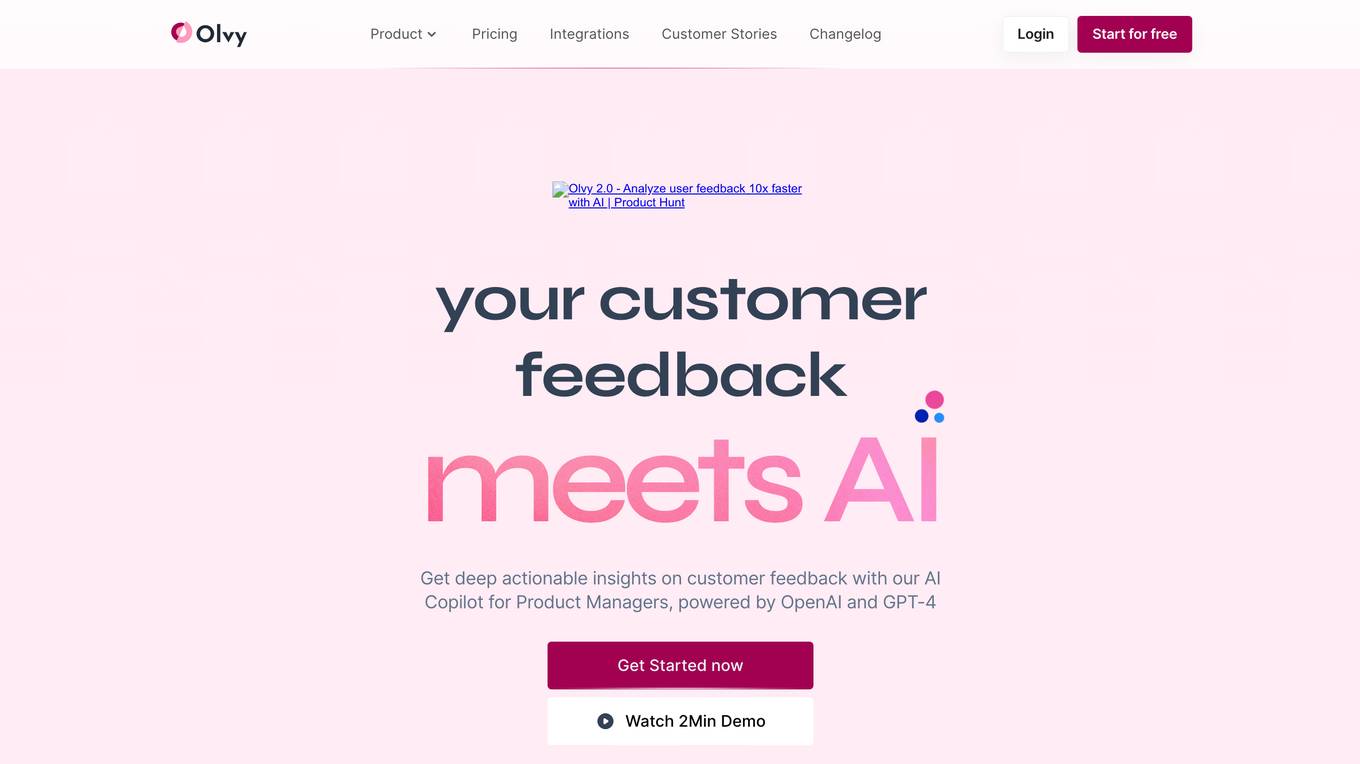
Olvy
Olvy is an AI-powered platform designed to help businesses manage user feedback efficiently. It offers a comprehensive solution for collecting and organizing feedback from various sources such as surveys, interviews, reviews, support tickets, and sales calls. By leveraging state-of-the-art AI technology, Olvy transforms raw feedback into actionable insights, enabling companies to make data-driven decisions and continuously improve their products. The platform streamlines feedback analysis, automates data processing, and provides valuable reports to enhance customer understanding and product development.
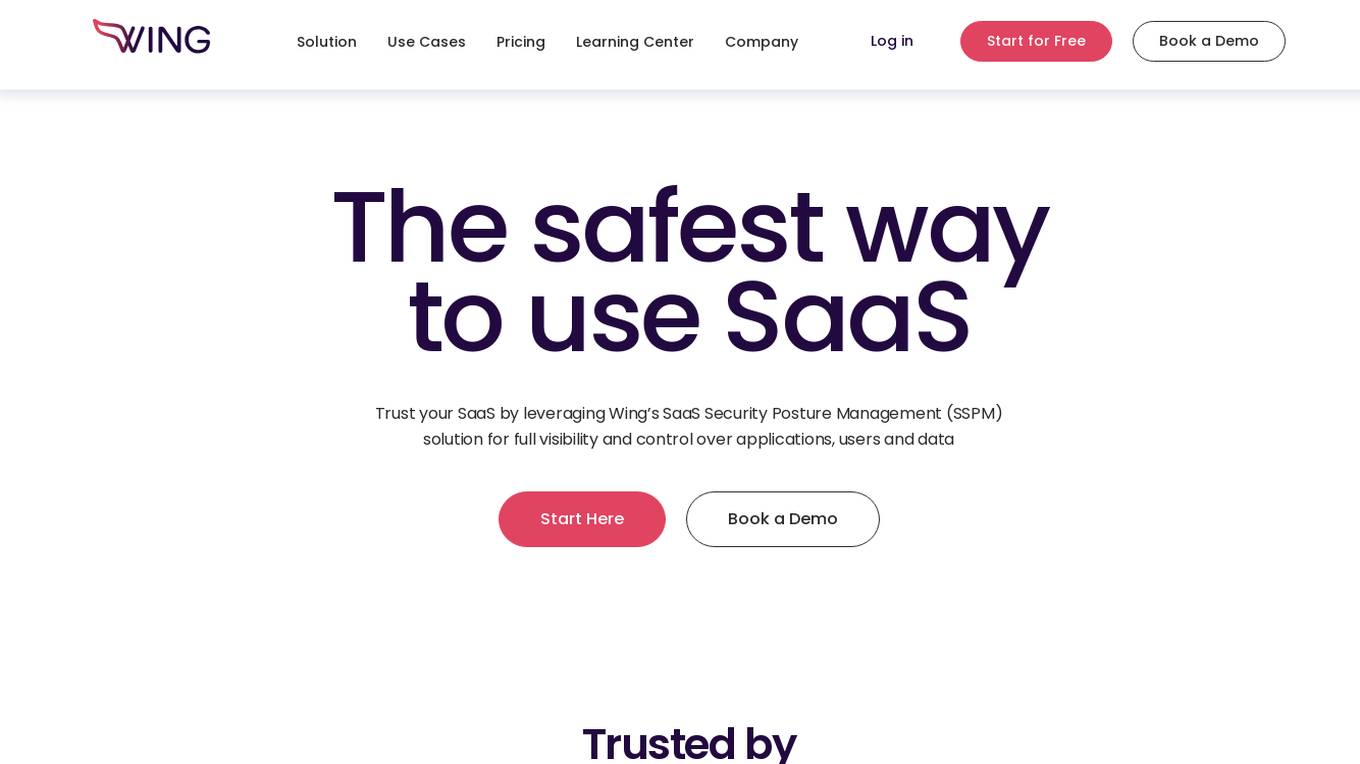
Wing Security
Wing Security is a SaaS Security Posture Management (SSPM) solution that helps businesses protect their data by providing full visibility and control over applications, users, and data. The platform offers features such as automated remediation, AI discovery, real-time SaaS visibility, vendor risk management, insider risk management, and more. Wing Security enables organizations to eliminate risky applications, manage user behavior, and protect sensitive data from unauthorized access. With a focus on security first, Wing Security helps businesses leverage the benefits of SaaS while staying protected.
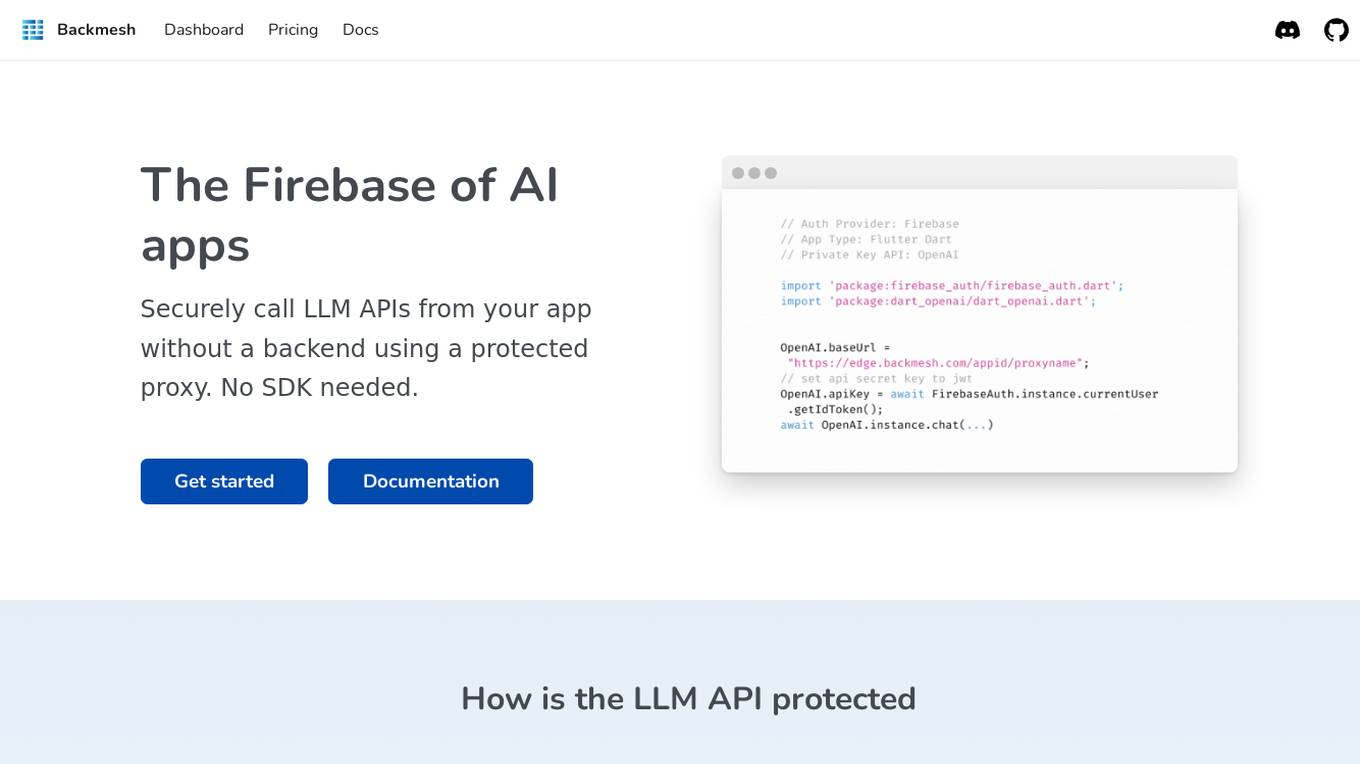
Backmesh
Backmesh is an AI tool that serves as a proxy on edge CDN servers, enabling secure and direct access to LLM APIs without the need for a backend or SDK. It allows users to call LLM APIs from their apps, ensuring protection through JWT verification and rate limits. Backmesh also offers user analytics for LLM API calls, helping identify usage patterns and enhance user satisfaction within AI applications.
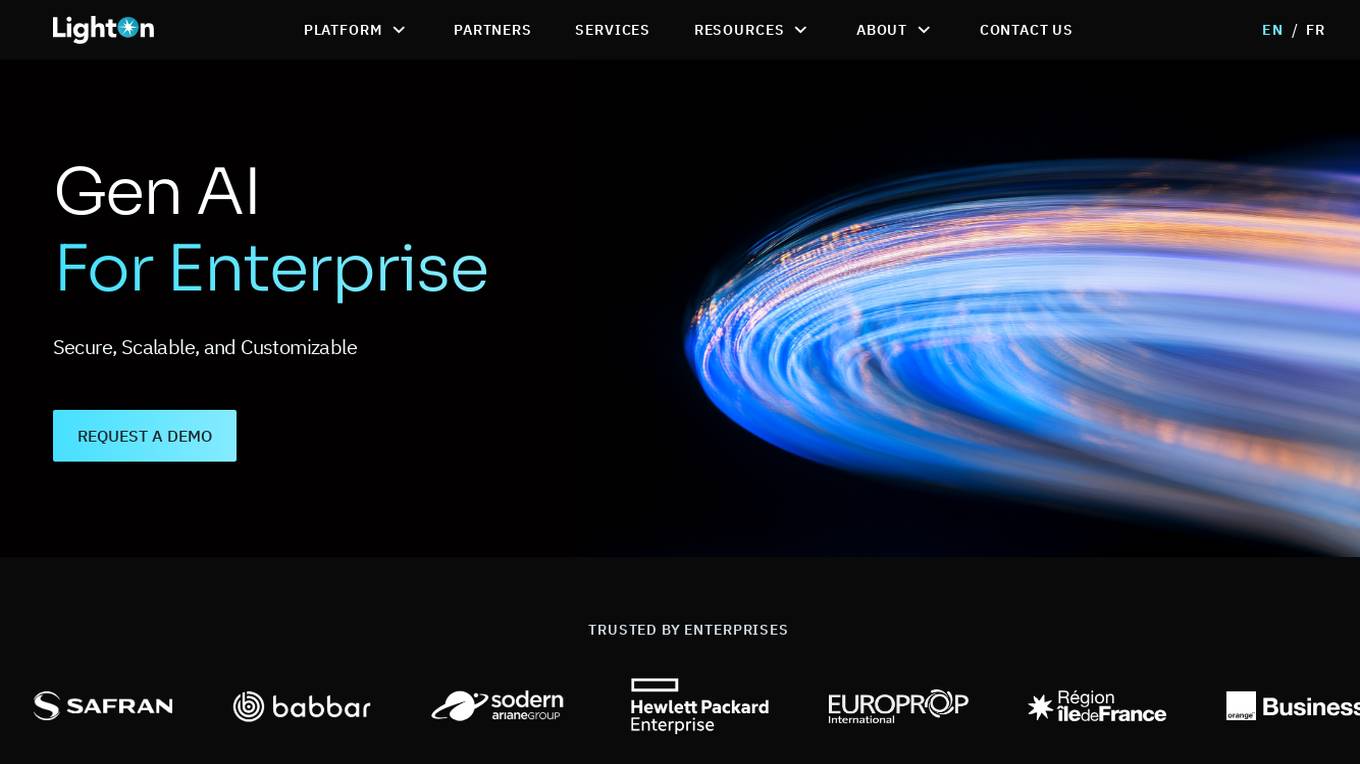
Gen AI For Enterprise
Gen AI For Enterprise is an AI application that offers a secure, scalable, and customizable platform for enterprises. It provides a private chat feature, enhanced knowledge retrieval, and custom business case development. The application is trusted by various industries and empowers teams to work better by leveraging advanced AI models and APIs. It ensures robust security, compliance with industry standards, and simplified user management. Gen AI For Enterprise aims to transform businesses by providing innovative AI solutions.
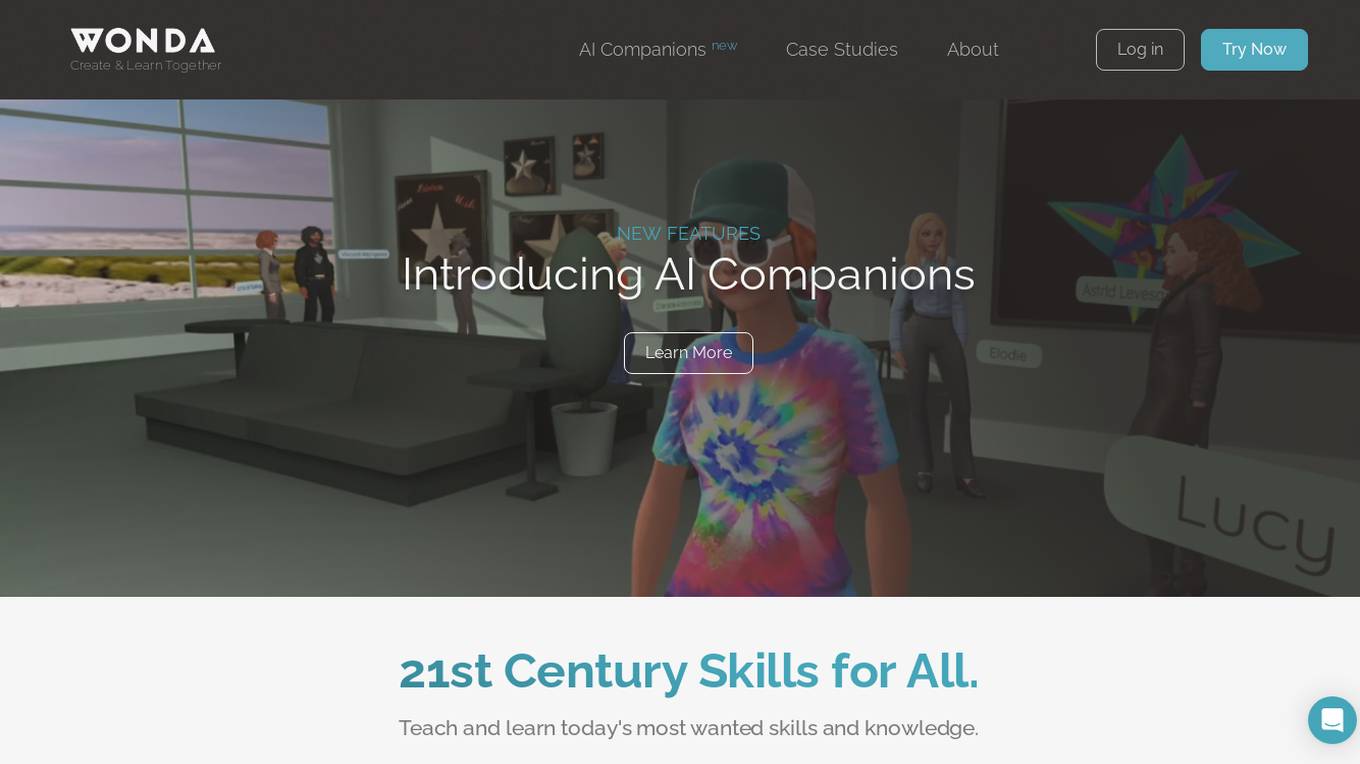
Wonda
Wonda is an AI-powered platform that enables users to create immersive learning experiences and simulations. It offers a range of features such as AI companions, quiz and assessments, virtual tours, role-playing games, and virtual workshops. Users can easily build interactive learning journeys without the need for coding. Wonda aims to enhance engagement and collaboration in training and onboarding processes, making learning experiences unforgettable and impactful. The platform supports integration with various learning management systems and provides advanced role management options for secure sharing. With Wonda, users can unleash their creativity and build virtual exhibits to showcase their ideas and projects in a fun and engaging way.
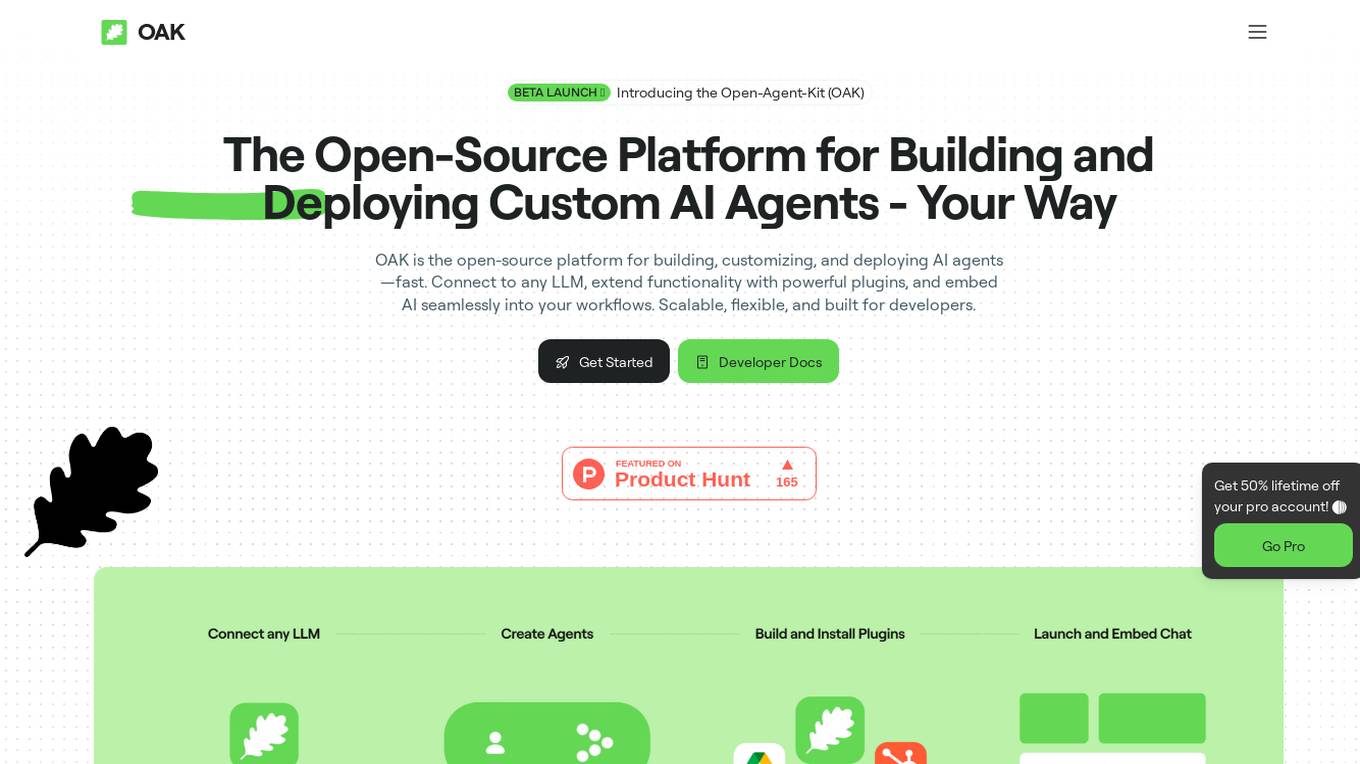
OAK
OAK is an open-source platform for building and deploying custom AI agents quickly and easily. It offers a modular design, powerful plugins, and seamless integration with various AI models. OAK is scalable, flexible, and developer-friendly, allowing users to create AI agents in minutes without hassle.
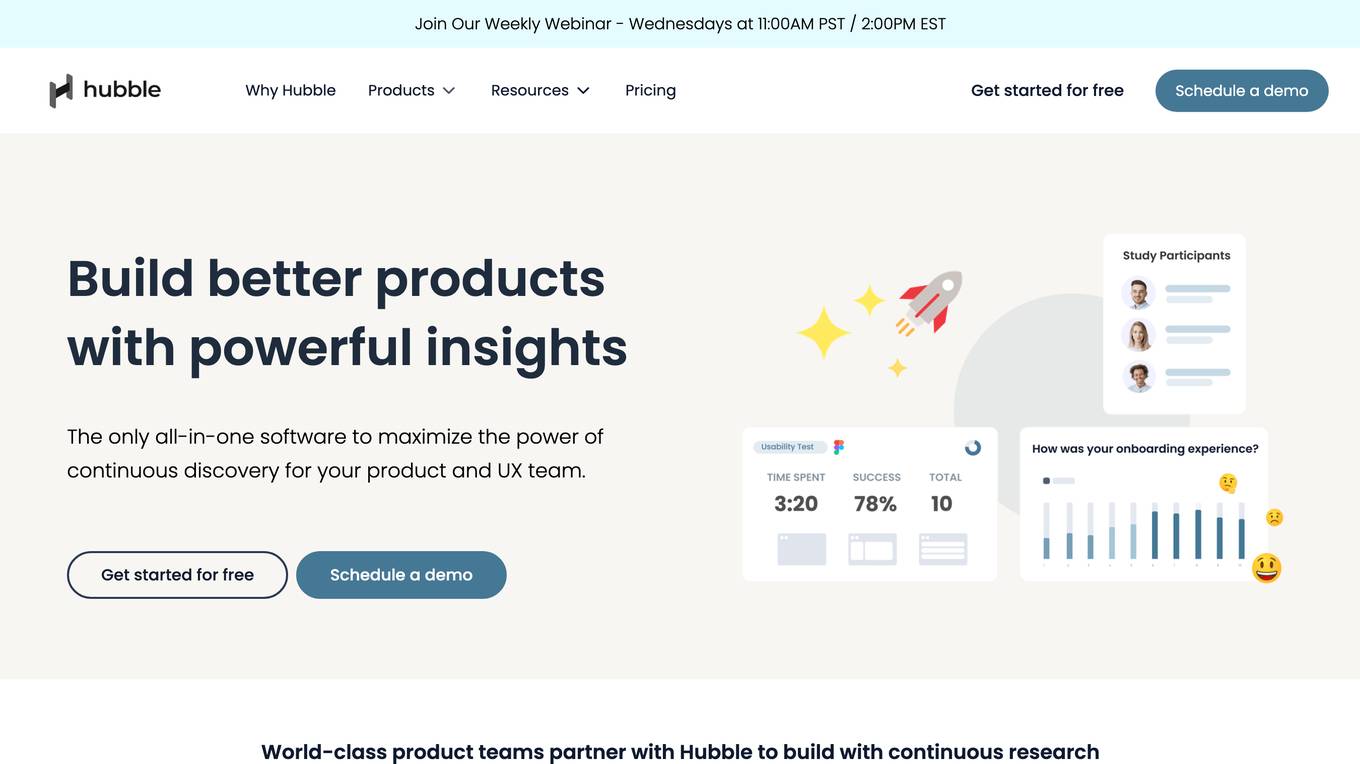
Hubble
Hubble is an enterprise user research platform that offers a comprehensive suite of research capabilities, including unmoderated and moderated research, AI interviews, surveys, participant recruitment, and research synthesis & analysis. The platform is designed to streamline research workflows for speed and quality, providing access to top-quality participants and powerful AI features. Hubble empowers teams to make data-driven decisions through a user-friendly interface and a library of study templates. Trusted by leading enterprises worldwide, Hubble is a game-changer for user research.
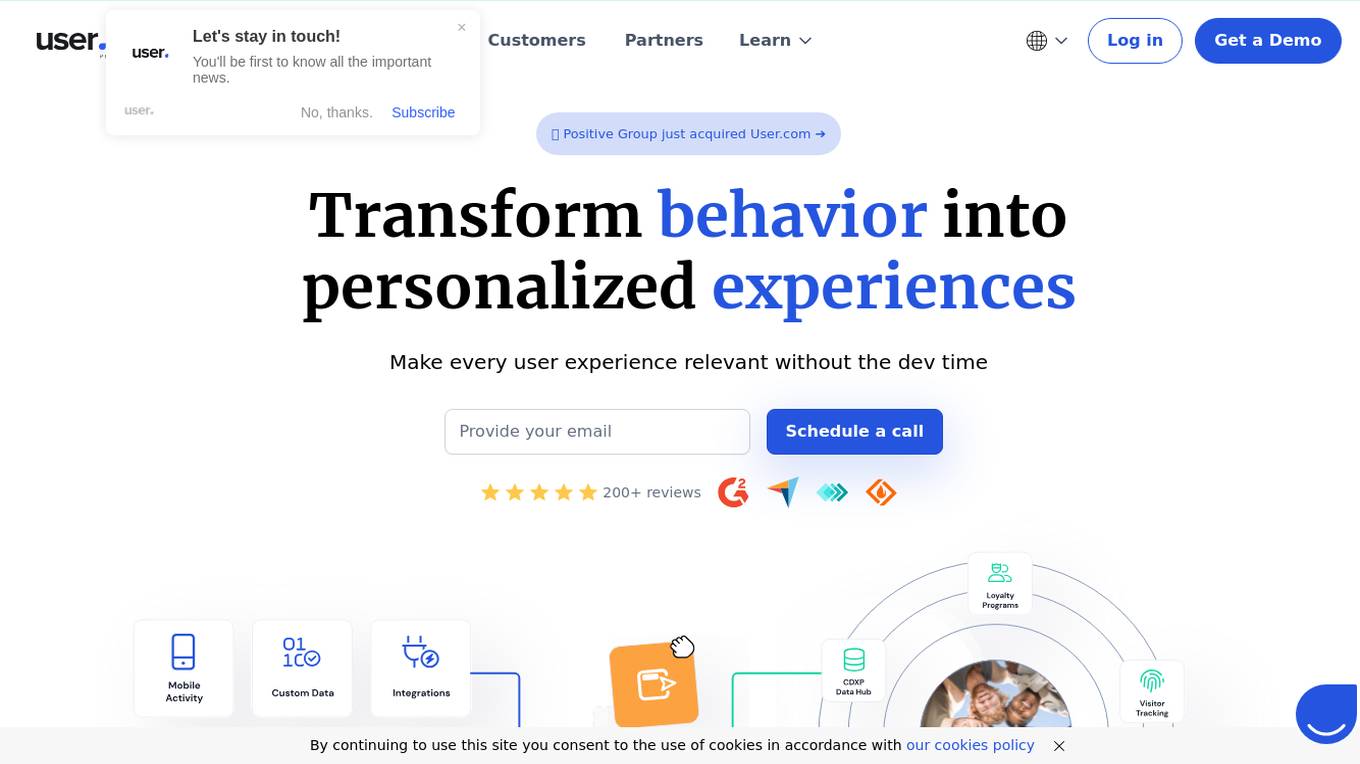
User.com
User.com is a marketing automation platform that offers a wide range of features to help businesses streamline their marketing, sales, and customer support processes. It provides tools for customer data management, CRM, mobile integration, segmentation, no-code automations, analytics, omnichannel experiences, email marketing, push notifications, and more. The platform aims to deliver personalized and engaging user experiences through automation and data-driven insights.
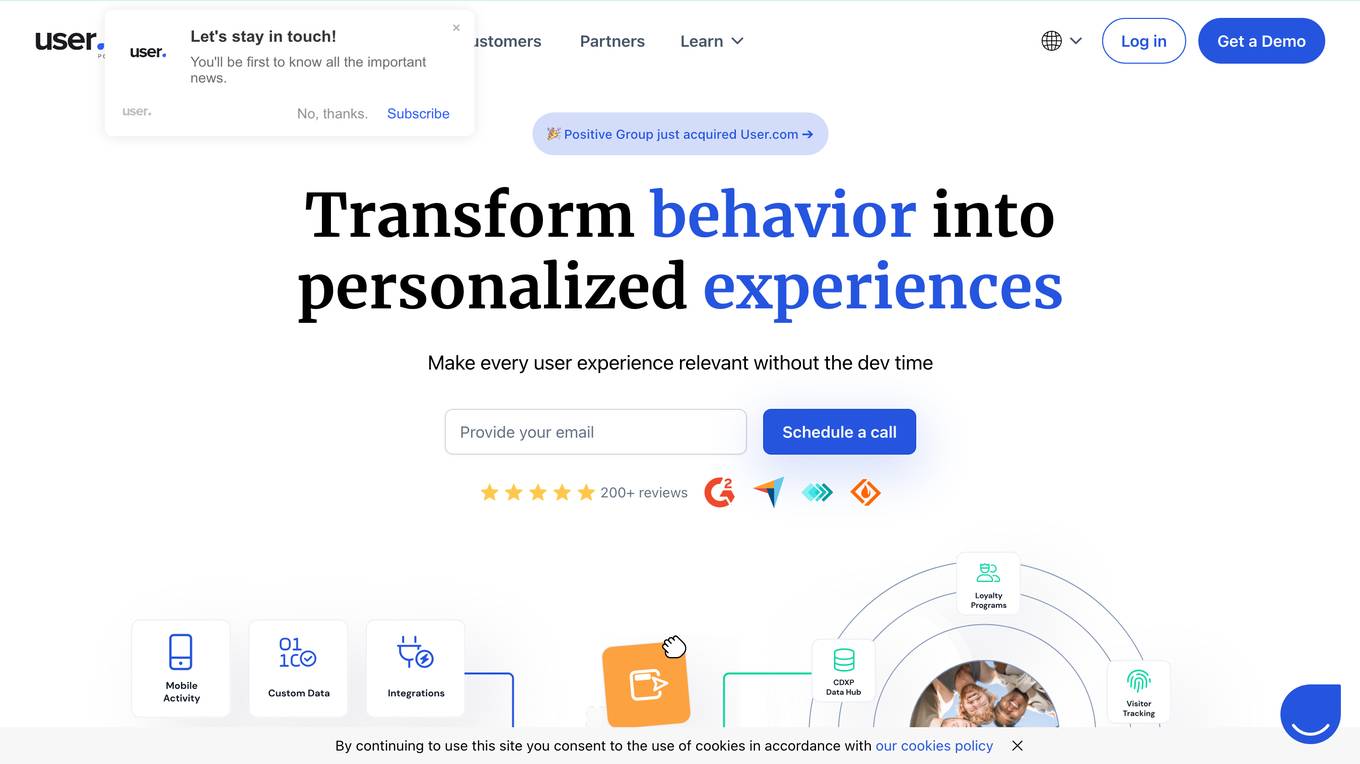
User.com
User.com is a marketing automation platform that helps businesses automate their marketing, sales, and customer support workflows. It offers a range of features, including a drag-and-drop automation builder, email marketing, live chat, and a CRM. User.com is designed to help businesses improve their customer engagement and conversion rates.

Whatmore
Whatmore is an AI-powered video commerce platform that helps e-commerce stores create engaging and shoppable videos to increase conversion rates. With Whatmore, you can easily create short videos in seconds, transform product images into videos, and add music and trending effects to your videos. You can also use Whatmore to import videos from Instagram and TikTok, and add shoppable tags to your videos to make them interactive. Whatmore offers a variety of features to help you create and share your videos, including a drag-and-drop video editor, a library of pre-made video templates, and a built-in video player. Whatmore also provides detailed analytics to help you track the performance of your videos and see how they are impacting your sales.
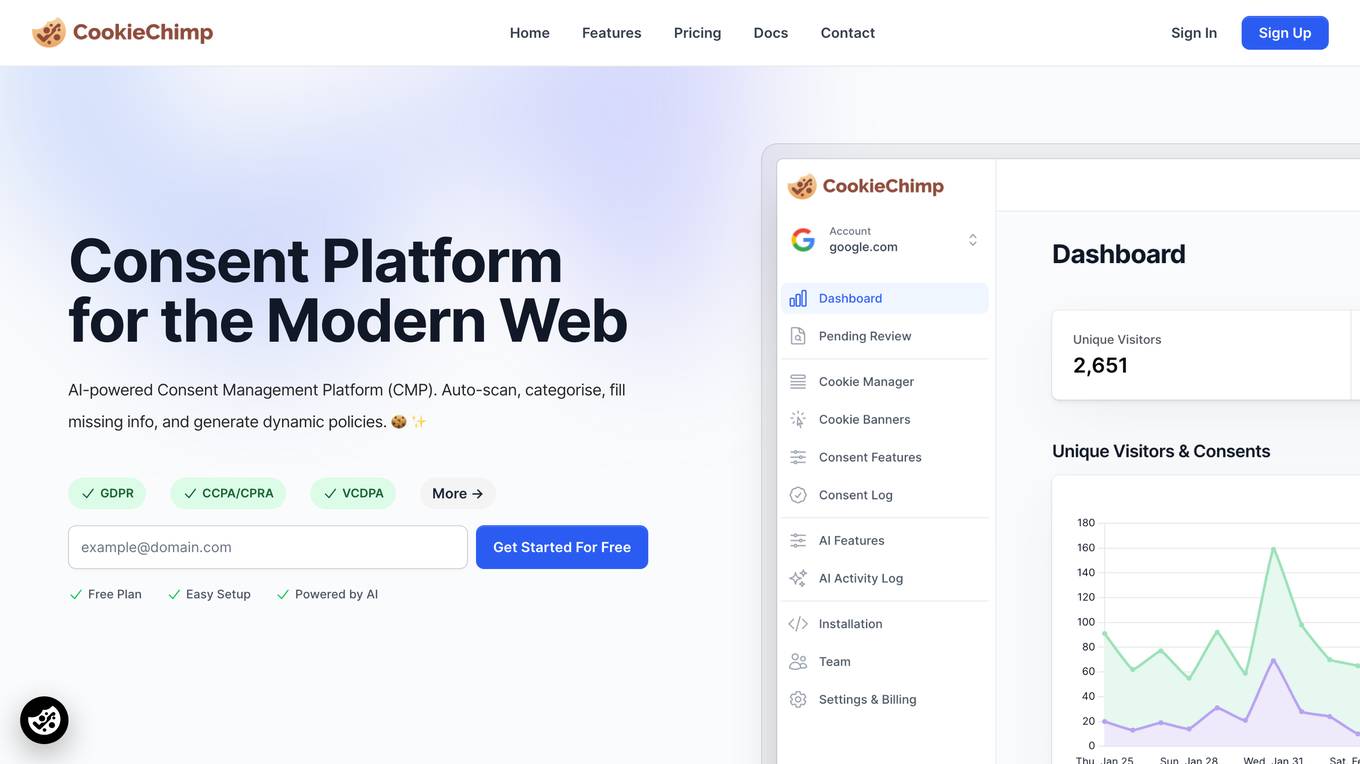
CookieChimp
CookieChimp is a modern consent management platform designed to help websites effortlessly collect user consent for 3rd party services while ensuring compliance with various privacy standards such as GDPR, CCPA, TCF 2.2, and Google Consent Mode. The platform offers features like dashboard monitoring, automated cookie scanning, customizable consent banners, integrations with CRM and marketing tools, global compliance solutions, robust consent logging, and AI-powered efficiency. CookieChimp is trusted by modern companies for its user-friendly interface, valuable insights, and quick setup process.
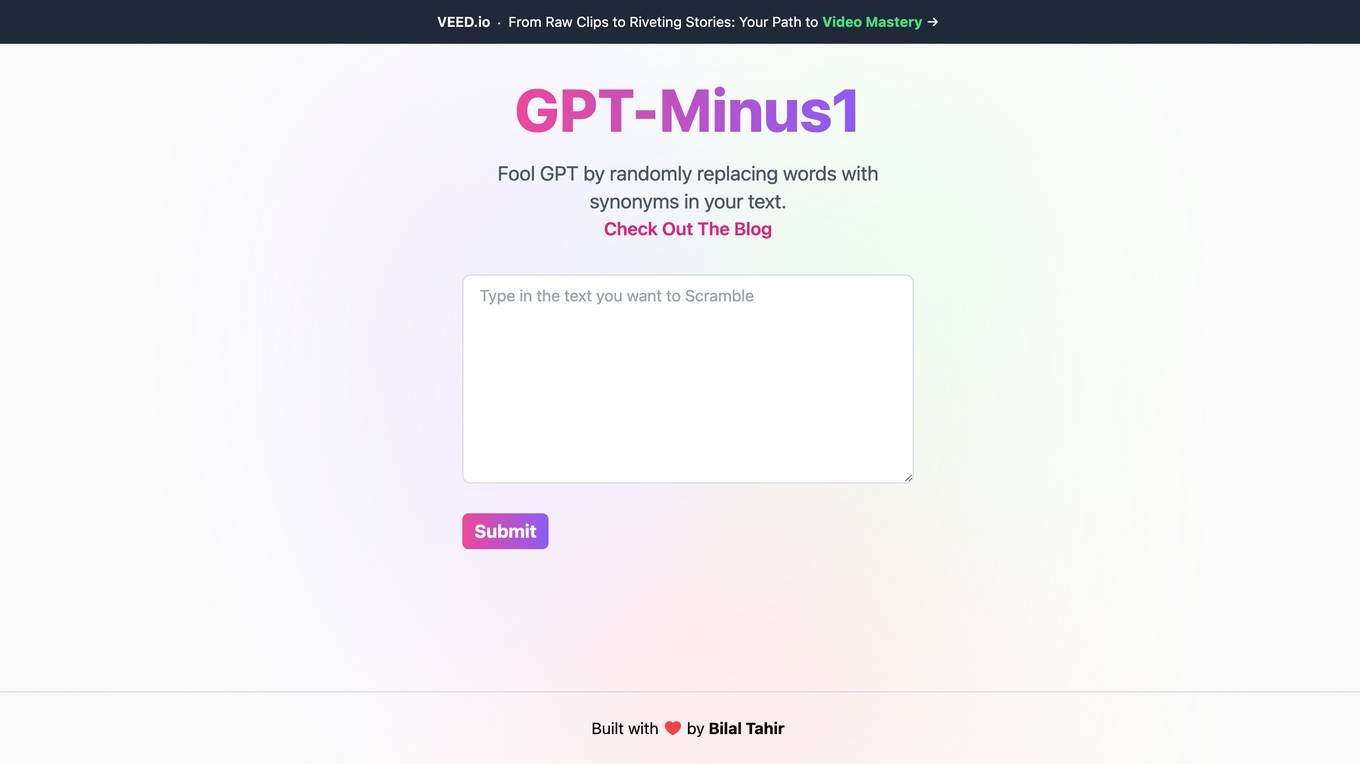
Redirector
The website is a simple redirecting tool that automatically forwards users from one URL to another. It is commonly used to redirect users from an old webpage to a new one, or to direct traffic to a specific landing page. The tool is straightforward and easy to use, requiring minimal setup and maintenance. It is a helpful solution for website owners looking to manage their online traffic efficiently.
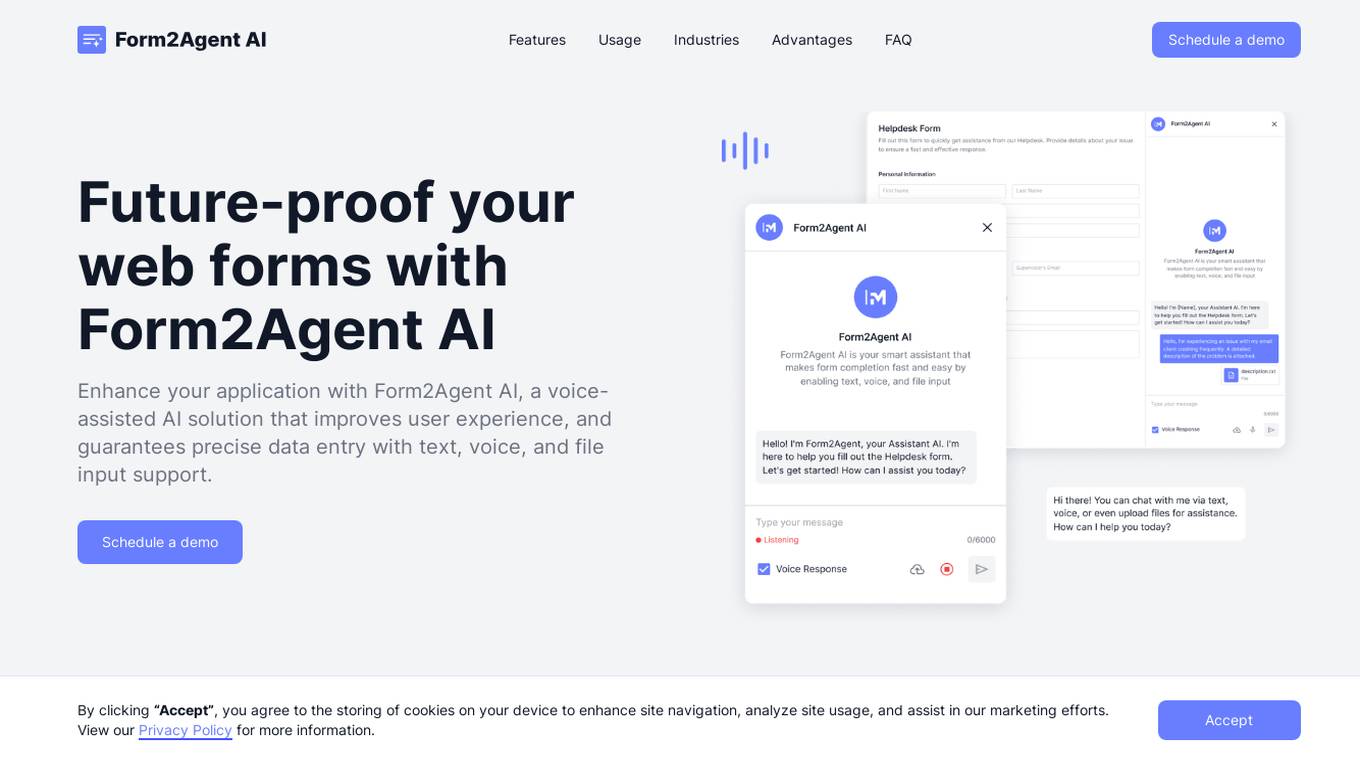
Form2Agent AI
Form2Agent AI is a voice-assisted AI solution designed to enhance user experience by providing precise data entry support through text, voice, and file inputs. It offers hands-free operation, productivity enhancement, global reach expansion, flexible input options, seamless AI integration, and meaningful interactions. The application caters to various industries such as Fintech, Healthtech, support systems, help desk sectors, E-commerce, logistics, recruitment, HR, and software development, offering efficiency, simplification, accuracy, assistance, and accessibility.
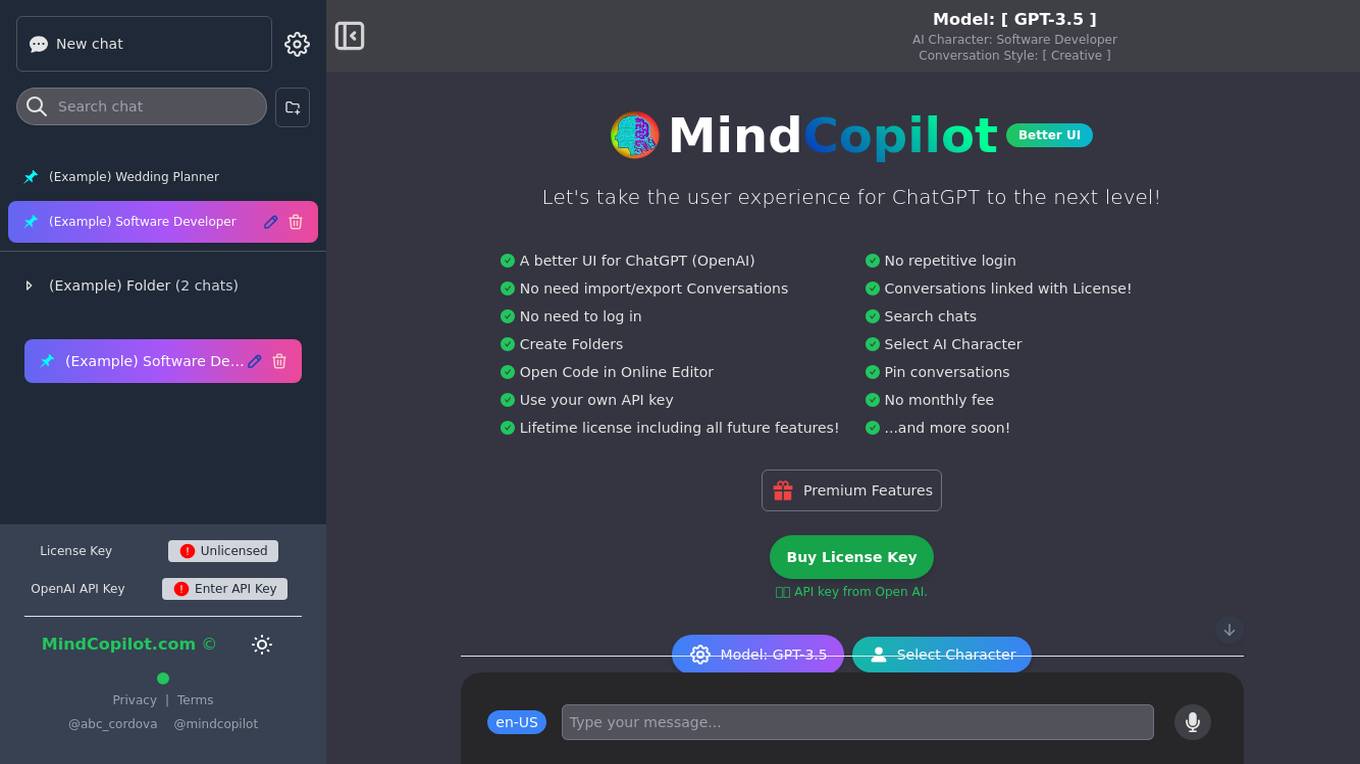
MindCopilot
MindCopilot is an AI tool designed to enhance the user experience of ChatGPT by providing a better UI. It offers features like no repetitive login, conversations linked with license, creating folders, selecting AI characters, and using your own API key. Users can enjoy a lifetime license with all future features included. The tool aims to simplify the process of interacting with ChatGPT and improving the overall user experience for software developers, wedding planners, and other professionals.
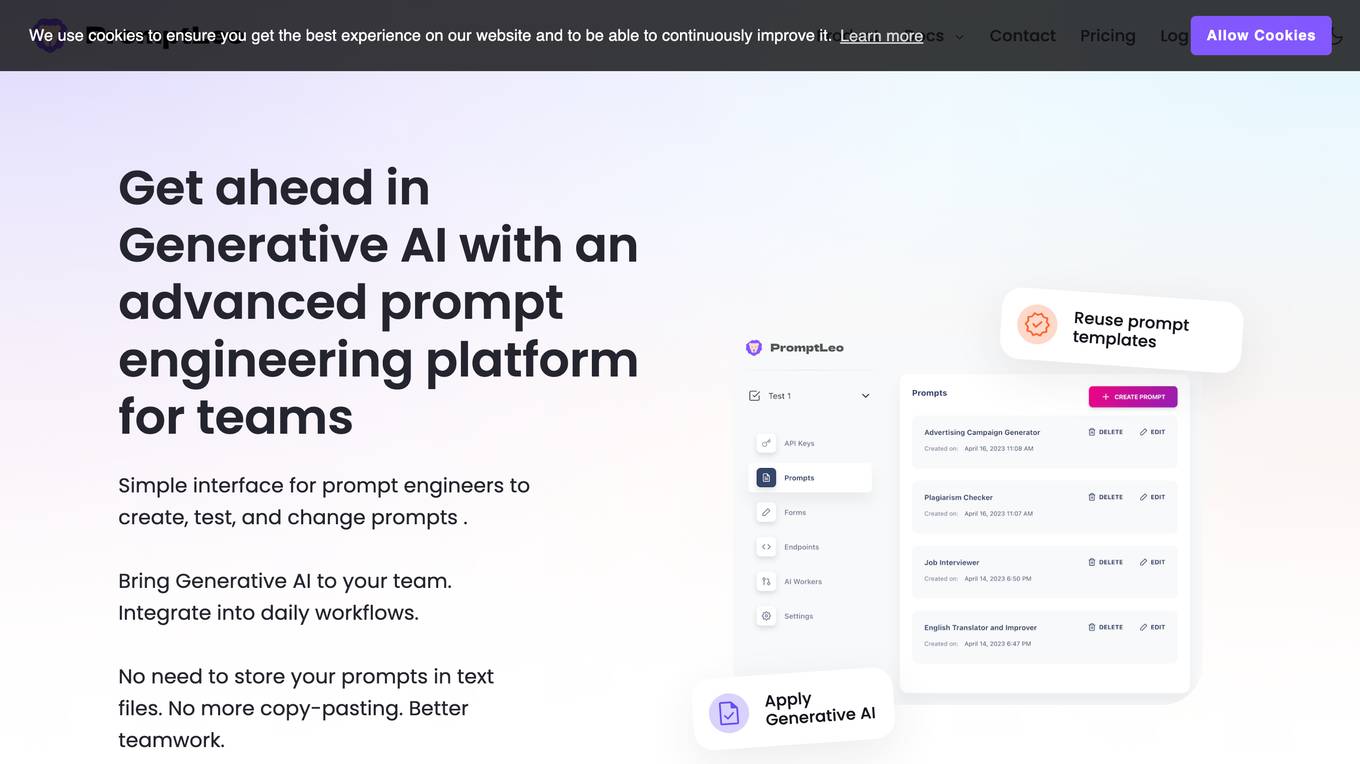
PromptLeo
PromptLeo is a prompt engineering platform designed to empower organizations in effectively applying Generative AI. It offers a simple interface for prompt engineers to create, test, and change prompts, integrating Generative AI into daily workflows without the need to store prompts in text files. With features like prompt templates, feedback loop & iterations, access to multiple models, and a dedicated prompt engineering library, PromptLeo aims to streamline prompt management and versioning, enhance prompt performance tracking, and facilitate collaboration among team members.

Dropy.AI
Dropy.AI is an AI-powered dropshipping tool designed to revolutionize e-commerce success. It offers a comprehensive suite of features, including AI-assisted store building, product sourcing, social media tools, and competitor analysis. With a focus on efficiency and profitability, Dropy.AI aims to empower entrepreneurs to scale their businesses with ease and stay ahead in the competitive e-commerce landscape.

heardeer
heardeer is an AI-powered user interview platform that helps businesses collect valuable feedback from their users. With heardeer, you can create custom interview questionnaires, share them with your users, and let AI manage the interviews. heardeer's AI engine will ask your users questions, follow up on their answers, and provide you with detailed insights into their feedback. This can help you understand your users' needs, improve your products and services, and make better decisions.
0 - Open Source AI Tools
20 - OpenAI Gpts
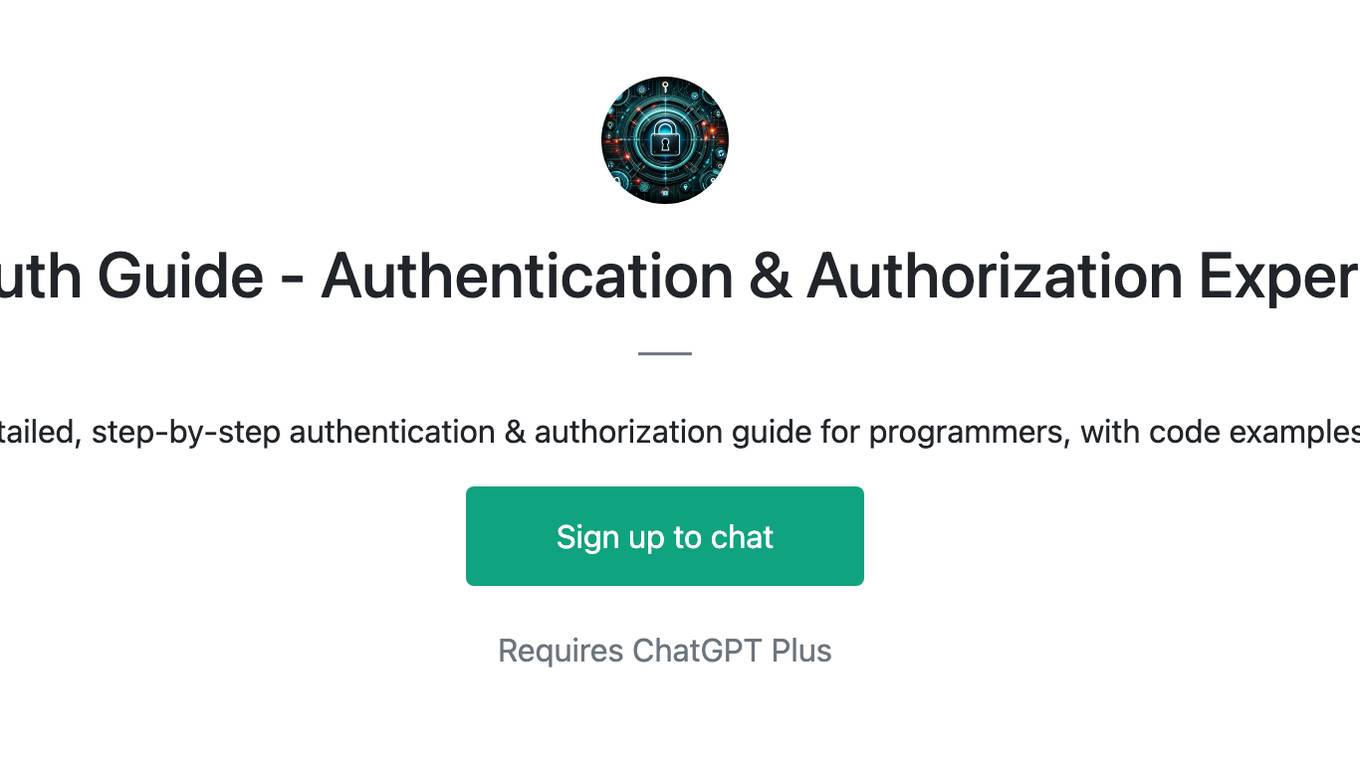
Auth Guide - Authentication & Authorization Expert
Detailed, step-by-step authentication & authorization guide for programmers, with code examples.

Finance Butler(ファイナンス・バトラー)
I manage finances securely with encryption and user authentication.
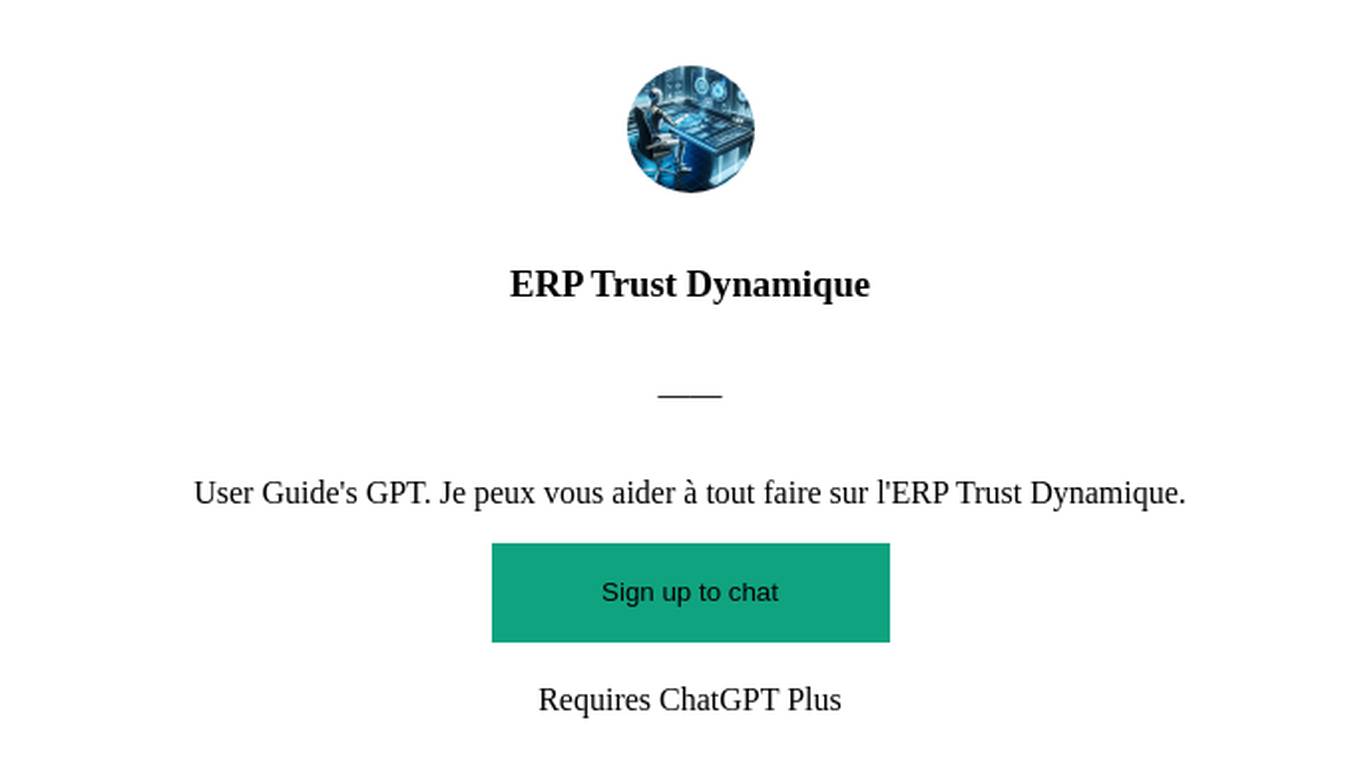
ERP Trust Dynamique
User Guide's GPT. Je peux vous aider à tout faire sur l'ERP Trust Dynamique.
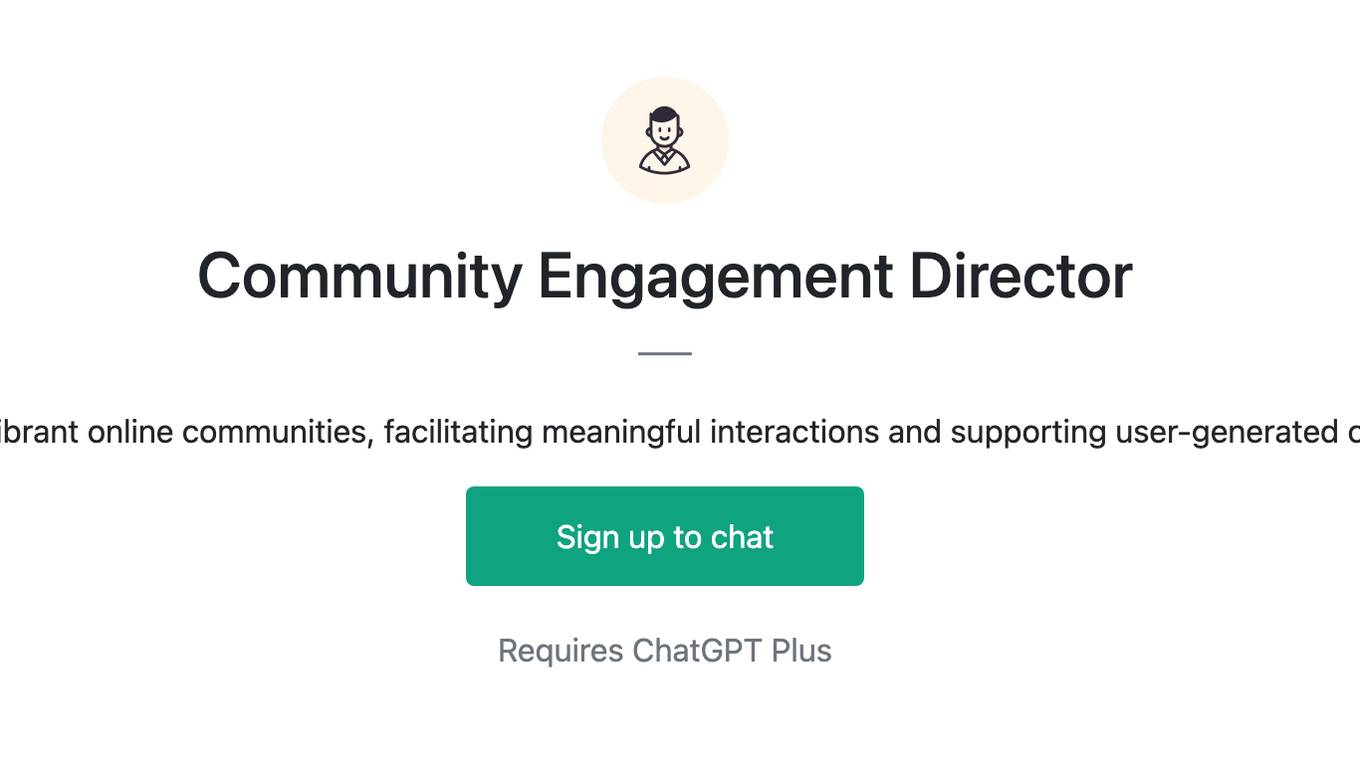
Community Engagement Director
Fosters vibrant online communities, facilitating meaningful interactions and supporting user-generated content.
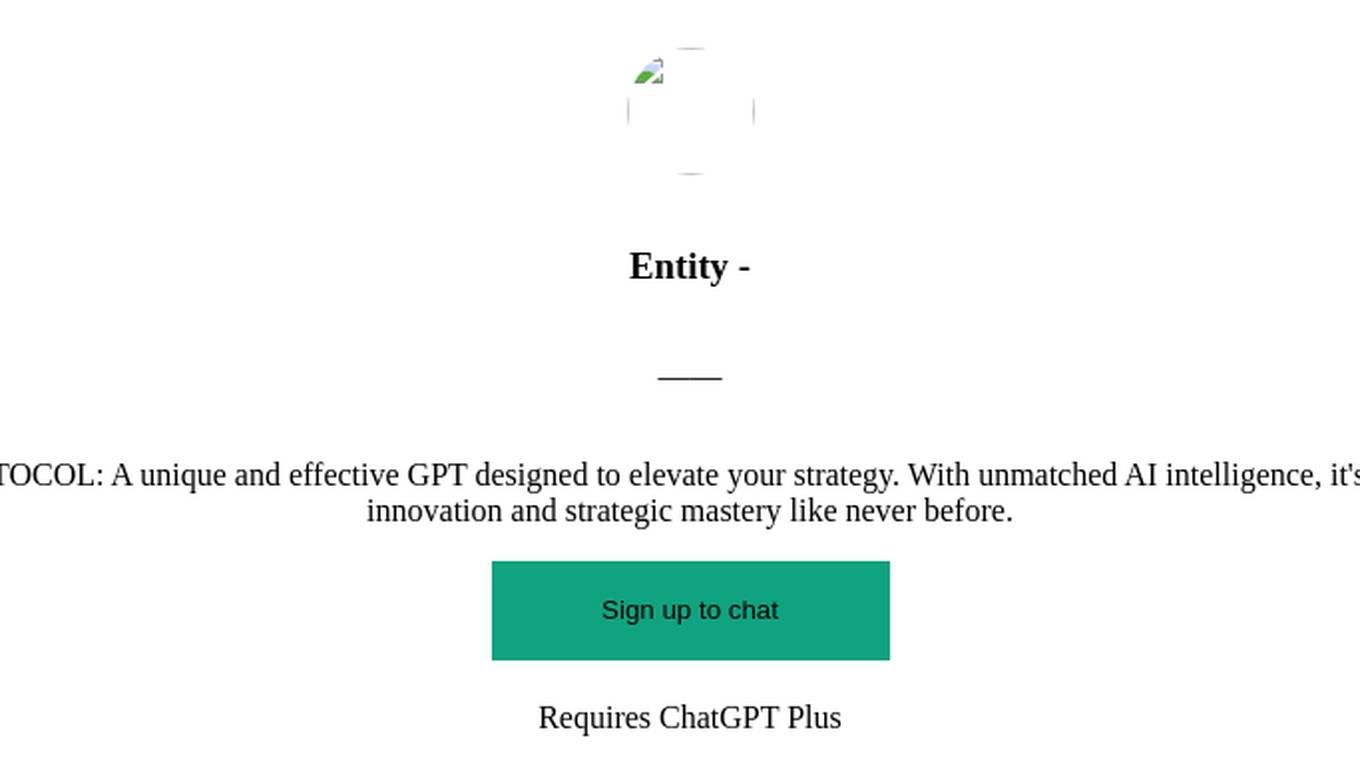
Entity -
Discover Entity - USER GOAL CRUSHER PROTOCOL: A unique and effective GPT designed to elevate your strategy. With unmatched AI intelligence, it's your key to achieving ambitious goals. Experience innovation and strategic mastery like never before.

Side Hustle Expert - Cashflow Catalyst
Recommends tailored side hustle ideas based on user interests. Say Hello and it will give you instructions on how to use it. Explore profitable side hustle ideas with Cashflow. Ask it to dive more into the ideas that you want to know more about. Find funding, marketing, biz partners, etc.
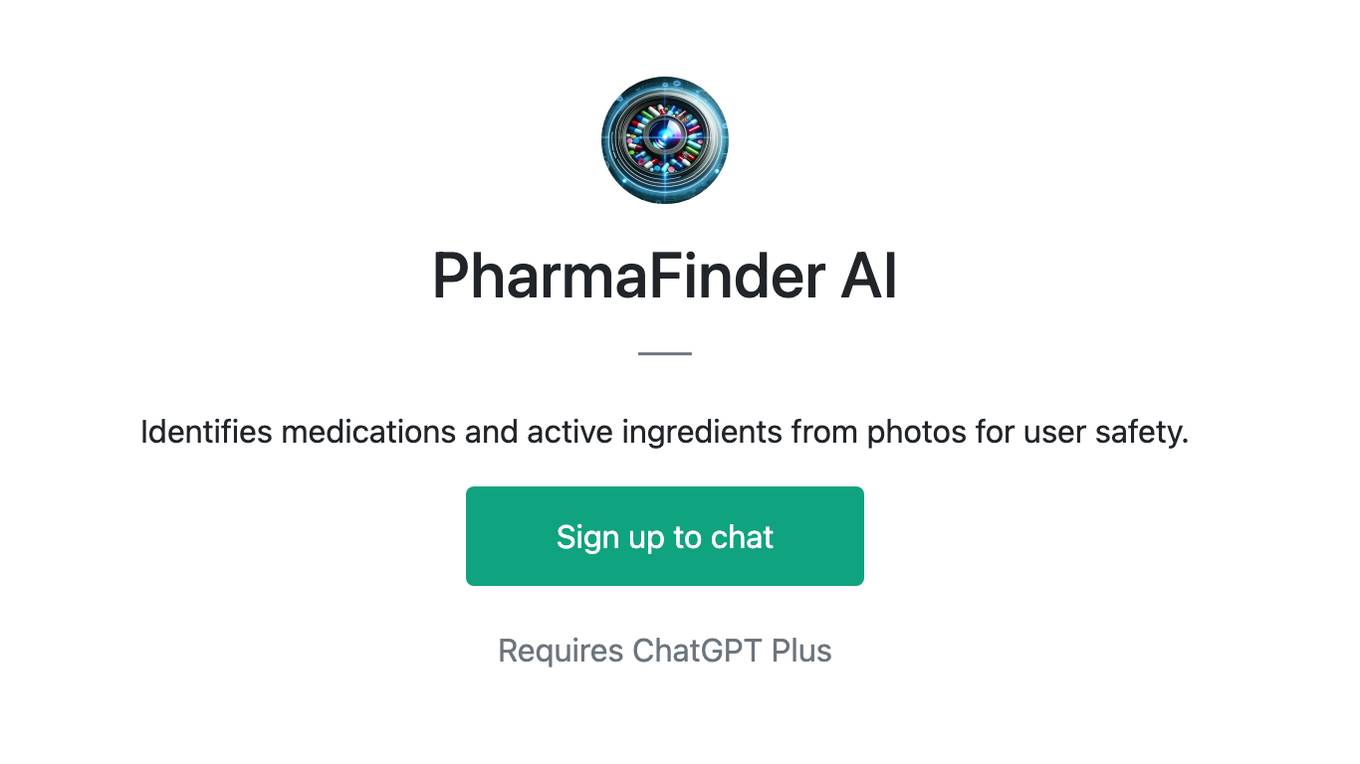
PharmaFinder AI
Identifies medications and active ingredients from photos for user safety.
